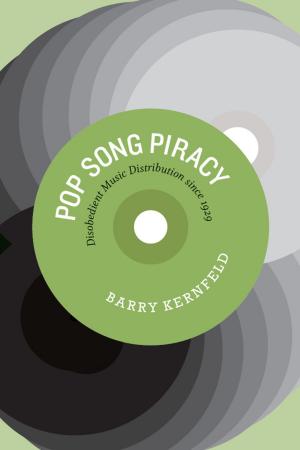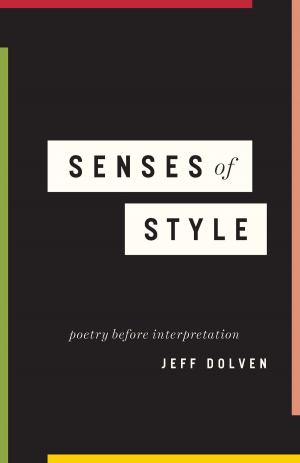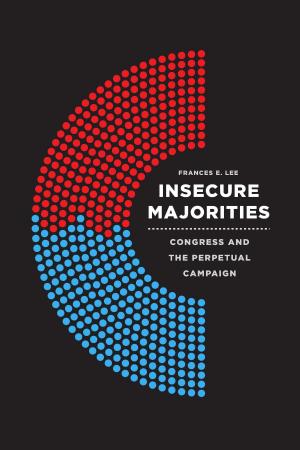Kindly Inquisitors
The New Attacks on Free Thought, Expanded Edition
Nonfiction, Reference & Language, Law, Civil Rights, Constitutional| Author: | Jonathan Rauch | ISBN: | 9780226130552 |
| Publisher: | University of Chicago Press | Publication: | October 1, 2013 |
| Imprint: | University of Chicago Press | Language: | English |
| Author: | Jonathan Rauch |
| ISBN: | 9780226130552 |
| Publisher: | University of Chicago Press |
| Publication: | October 1, 2013 |
| Imprint: | University of Chicago Press |
| Language: | English |
“A liberal society stands on the proposition that we should all take seriously the idea that we might be wrong. This means we must place no one, including ourselves, beyond the reach of criticism; it means that we must allow people to err, even where the error offends and upsets, as it often will.” So writes Jonathan Rauch in Kindly Inquisitors, which has challenged readers for more than twenty years with its bracing and provocative exploration of the issues surrounding attempts to limit free speech. In it, Rauch makes a persuasive argument for the value of “liberal science” and the idea that conflicting views produce knowledge within society.
In this expanded edition of Kindly Inquisitors, a new foreword by George F. Will strikingly shows the book’s continued relevance, while a substantial new afterword by Rauch elaborates upon his original argument and brings it fully up to date. Two decades after the book’s initial publication, while some progress has been made, the regulation of hate speech has grown domestically—especially in American universities—and has spread even more internationally, where there is no First Amendment to serve as a meaningful check. But the answer to bias and prejudice, Rauch argues, is pluralism—not purism. Rather than attempting to legislate bias and prejudice out of existence or to drive them underground, we must pit them against one another to foster a more vigorous and fruitful discussion. It is this process that has been responsible for the growing acceptance of the moral acceptability of homosexuality over the last twenty years. And it is this process, Rauch argues, that will enable us as a society to replace hate with knowledge, both ethical and empirical.
“It is a melancholy fact that this elegant book, which is slender and sharp as a stiletto, is needed, now even more than two decades ago. Armed with it, readers can slice through the pernicious ideas that are producing the still-thickening thicket of rules, codes, and regulations restricting freedom of thought and expression.”—George F. Will, from the foreword
“A liberal society stands on the proposition that we should all take seriously the idea that we might be wrong. This means we must place no one, including ourselves, beyond the reach of criticism; it means that we must allow people to err, even where the error offends and upsets, as it often will.” So writes Jonathan Rauch in Kindly Inquisitors, which has challenged readers for more than twenty years with its bracing and provocative exploration of the issues surrounding attempts to limit free speech. In it, Rauch makes a persuasive argument for the value of “liberal science” and the idea that conflicting views produce knowledge within society.
In this expanded edition of Kindly Inquisitors, a new foreword by George F. Will strikingly shows the book’s continued relevance, while a substantial new afterword by Rauch elaborates upon his original argument and brings it fully up to date. Two decades after the book’s initial publication, while some progress has been made, the regulation of hate speech has grown domestically—especially in American universities—and has spread even more internationally, where there is no First Amendment to serve as a meaningful check. But the answer to bias and prejudice, Rauch argues, is pluralism—not purism. Rather than attempting to legislate bias and prejudice out of existence or to drive them underground, we must pit them against one another to foster a more vigorous and fruitful discussion. It is this process that has been responsible for the growing acceptance of the moral acceptability of homosexuality over the last twenty years. And it is this process, Rauch argues, that will enable us as a society to replace hate with knowledge, both ethical and empirical.
“It is a melancholy fact that this elegant book, which is slender and sharp as a stiletto, is needed, now even more than two decades ago. Armed with it, readers can slice through the pernicious ideas that are producing the still-thickening thicket of rules, codes, and regulations restricting freedom of thought and expression.”—George F. Will, from the foreword















